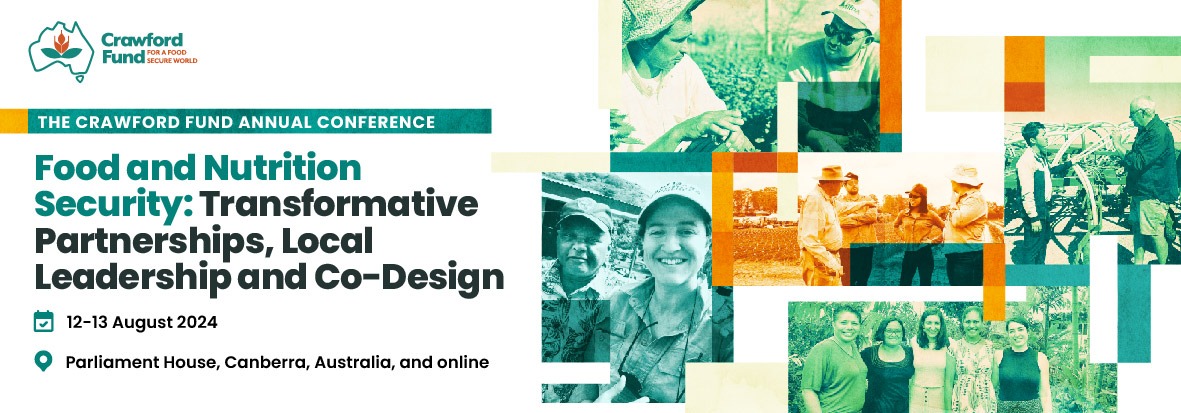


Dr Ismahane Elouafi
Executive Managing Director, CGIAR and former FAO Chief Scientist
Dr Ismahane Elouafi is the Executive Managing Director of CGIAR. She previously held the position of Chief Scientist at the Food and Agriculture Organization (FAO) of the United Nations. She was earlier the Director General at the International Center for Biosaline Agriculture (ICBA) based in the UAE.
Dr Elouafi previously held senior scientific and leadership positions, including Senior Adviser to the Assistant Deputy Minister, Agriculture and Agri-Food Canada Research Branch; the National Manager of Plant Research Section; and Director of Research Management and Partnerships Division at the Canadian Food Inspection Agency.
She worked as a scientist with several international research organizations and has been a member of various strategy expert panels and advisory groups, including the Global Commission on Adaptation and HarvestPlus. She was a board member of the International Food Policy Research Institute (IFPRI) and the Centre for Agriculture and Bioscience International (CABI).
Dr Elouafi was also a member of the Scientific Group for the 2021 UN Food Systems.